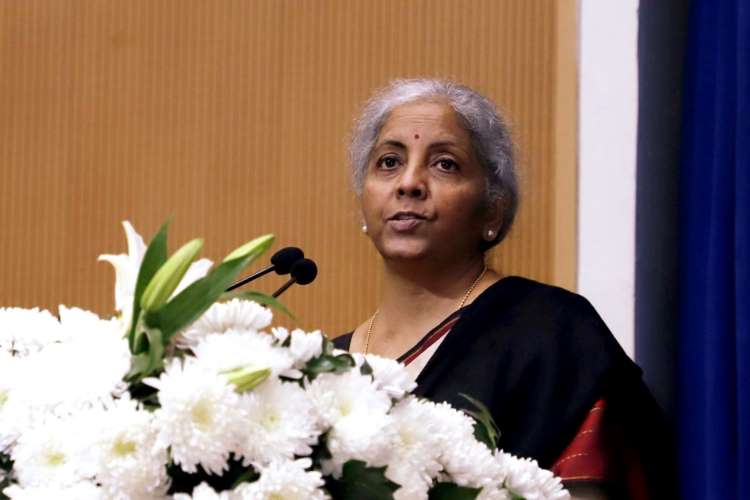The 47th meeting of the GST Council held on Tuesday and Wednesday has put some more items under the purview of the Goods and Services Tax, making these commodities and services costlier. These items are hotel rooms with daily tariff below Rs 1,000 and unbranded pre-packaged and labelled food items. The focus of the meet was to boost the revenue collection.
The council meeting held in Chandigarh and chaired by Union finance minister Nirmala Sitharaman decided on four reports by the group of ministers. These include rate rationalisation committee; casino, horse trading and lottery, online gaming; IT taxation; and movement of precious metals.
The GST Council deferred the decision on the proposal to raise the GST on online gaming to 28% from 18% on skill gaming to bring it at par with games of chance, involving gambling and betting. Amid other changes, government will now levy 12% GST on hotel rooms which charge up to Rs 1,000 a day, 5% on hospital rooms which charge Rs 5,000 or more for a day (with input tax credit), and 5% on unbranded pre-packaged and labelled food items such as puffed rice, wheat flour, curd, and paneer.
READ ALSO| PSU bank privatisation: Will the government bite the bullet?
The Council has also recommended bringing dried leguminous vegetables and makhana, jaggery, organic food, manure and compost under 5% GST slab. It has also recommended raising the slab from 5% to 12% for solar water heaters and finished goods like leather products and hike in the taxes from 12% to 18% on items like printing, writing and drawing ink, LED lamps, drawing instruments.
As of today, the government has items 1,399 under GST while the number of exempted items is 168.
What became cheaper?
The transportation of goods is likely to become cheaper with the council giving some relief to the sector slashing GST on ropeways from 18% to 5%, on renting of goods carriage including fuel cost and exempting the foreign component of the tour package from GST. This essentially means that foreign travel is likely to be charged lower GST rate as proportionate value of the foreign component of the tour may be exempted from GST. Currently, in case of tours conducted partially in India and partially outside India such as Nepal or Bhutan, GST has to be paid on the price charged for the entire tour.
The Council has also done away with THE compulsory registration norms for small businesses with annual turnover up to Rs 40 lakh and Rs 20 lakh for goods and services respectively, using e-commerce platforms to sell products and allowing them to opt for a composite scheme.
What is GST Council
Set up in 2016, the Goods and Services Tax Council makes recommendations to the Union and the state governments on important issues related to GST. This includes goods and services that may be subjected or exempted from GST, model GST laws and deciding upon various rate slabs of GST. Its members include the Union finance minister (chairperson), the Union minister of state (finance) and members from each state who are free to nominate a minister in-charge of finance or taxation or any other minister as a member. Hence, the council is a joint forum of the Centre and the states.
The Goods and Services Tax regime came into force after the Constitutional (122nd Amendment) Bill was passed by both the Houses of Parliament in 2016, the same year when the BJP-led NDA government introduced both demonetisation and GST. After 15 Indian states assented to it in their state assemblies, the President also approved setting up of the GST Council.
Earlier in May, the Supreme Court had stated that the recommendations made by the GST Council are not binding as the recommendations made in the meet should be by a mutual dialogue between the states and the Centre. The council held on Wednesday hence was one of a kind in five-years of its conception. The decision was lauded by several states such as Kerala and Tamil Nadu which now believed that states can be more flexible in accepting the recommendations as suited to them.

